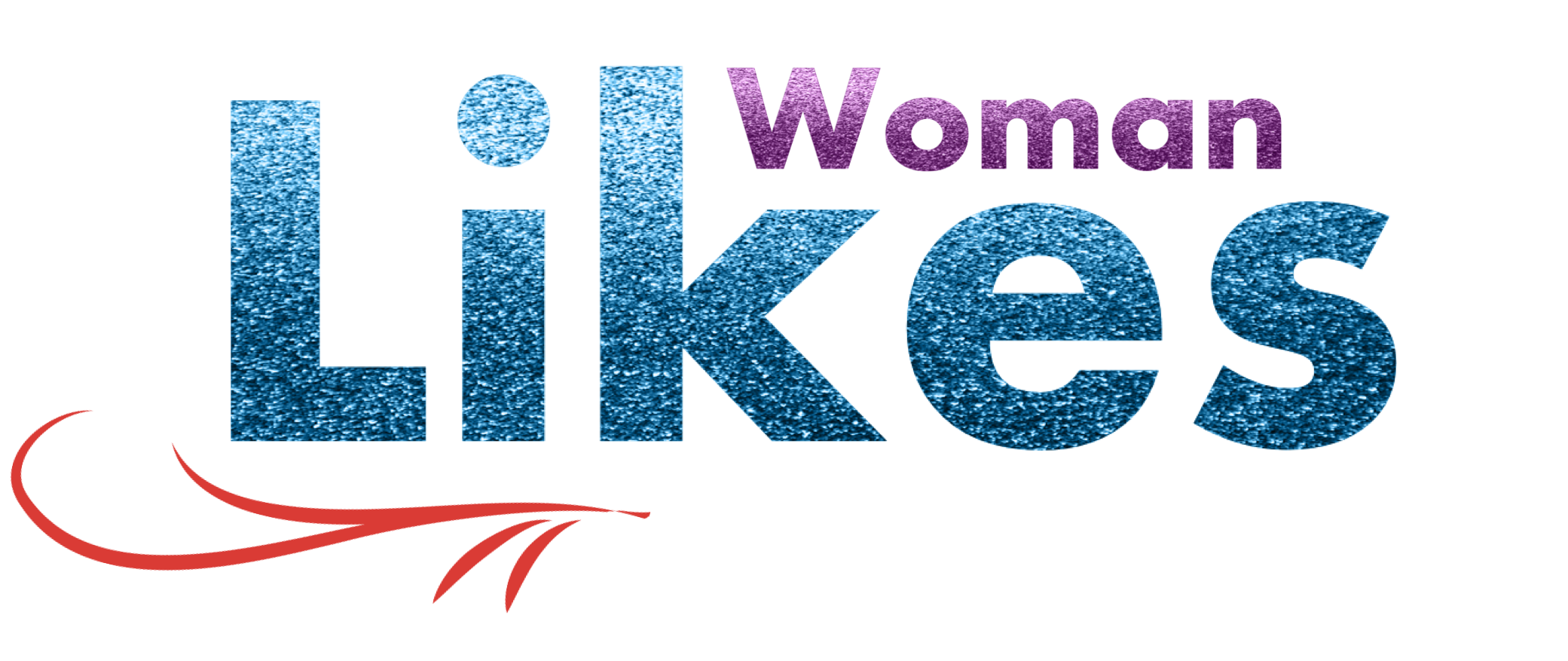
The topic of gender and sexuality in the Bible has been one of the most hotly debated issues of our time. While there are many examples of women in history who have suffered at the hands of men, there are also plenty of examples of women who are not afraid to speak out. From Amnesty International to Phyllis Schlafly, here are three inspiring women. These women have done something to promote gender equality in our world.
Women in the Bible
The biblical tradition reveals that women play an important role in the creation and growth of human civilization. At the start of Genesis, two creation stories are presented: one depicts the male and female created together and given instructions to multiply and rule the earth. The second story, however, preserves the tradition of male priority, with a woman created from a man’s body to meet his needs. Both stories reveal divergent views of the role of women in human society.
In the Bible, many powerful women stand out. Judith, for example, sneaked into an enemy general’s tent and cut off his head. She also danced on graves in Egypt. The biblical account also depicts a powerful woman, Abigail. She had become barren and was plagued by shame. Eventually, she gave birth to Jesus and saved her people. Her courage and boldness will inspire women to be strong and courageous.
There are also several interesting stories of women in the Bible. Among them are the founding matriarch Rachel, the prophetess Deborah, and the queens Rahab and Ahimelech. We also learn about other women in the Bible, including slave Hagar and prostitute Rahab. There are many more stories of strong women in the Bible than we realize. So, let’s explore some of them and their significance in human history.
Phyllis Schlafly
Hulu has been trying to make Phyllis Schlafly look like an anti-feminist, but it’s not working. While a mother of six, Schlafly earned a master’s degree in political science from Radcliffe College. Later, she became a lawyer and helped secure the Republican presidential nomination for conservative candidate Barry Goldwater. But the hit job is failing miserably. It’s hard to find women who have as much political clout as Phyllis Schlafly.
Although a conservative political activist, Schlafly reshaped the conservative movement to become more mainstream. She had a privileged pedigree and an easy way to rabble-rouse. She loved to irritate women libbers. In addition to her many publications, she was a frequent commentator on major networks. Although she never held an official role in a Republican administration, her biography, Mrs. America, has sparked controversy.
Before becoming a feminist, Schlafly hadn’t really taken much interest in the field. But her anti-ERA campaign reflected a broader approach to social issues. In her newsletter, The Phyllis Schlafly Report, Schlafly wrote about the perils of ERA and advocated its repeal. She published an essay titled “What’s Wrong With ‘Equality Rights for Women?'” which expressed many of the main principles of the anti-ERA campaign.
Amnesty International
While many women and girls want abortions to be safe, these laws can make it impossible to access these procedures. Many are forced to risk jail or their lives to get them. Amnesty International campaigns to change strict laws against abortion. They have helped to change laws in Ireland and Argentina and have won the decriminalisation of abortion in Northern Ireland. However, these issues continue to plague women in many countries. For this reason, the organisation is also committed to ensuring that these rights are respected.
This month, Amnesty appointed Sarah Beamish as its new Chair. She has been on the International Board since 2015 and is currently a human rights lawyer in her homeland of Canada. Amnesty’s headquarters are in Ottawa, Canada. The organisation has a Global Assembly held each year. Each Section sends its own chair to the GA. The organization’s preparations and process are managed by a PrepCom, which is comprised of nine members. The International Treasurer is co-opted.
While the organization has been largely focused on political and civil rights, gender has been an issue from its beginning. In this new chapter of Women, Amnesty International for Women, author Miriam Ganzfried, examines the organisation’s work on women’s rights. She interviewed activists and staff members and consulted archive material in different AI sections. In the end, her research shows how women activists have helped increase the organisation’s efforts to address women’s rights, while also demonstrating the internal resistance to integrating these rights into their work.
Ketanji Brown Jackson
Ketanji Brown Jackson is an American attorney and jurist. She has served as a United States Circuit Judge of the United States Court of Appeals for the District of Columbia Circuit since 2021. Jackson is the associate justice-designate of the United States Supreme Court. She was born in Harlem, New York, and was raised in a low-income neighborhood. Her father, a black African-American, served in the military before she graduated from college.
If sworn in, Ketanji Brown Jackson will be the first Black woman on the Supreme Court. She is expected to serve until Justice Stephen Breyer retires. Justice Breyer announced his retirement in January. His retirement will become effective at the end of the current Supreme Court term, which ends in late June or early July. While Jackson will join a more diverse court, her nomination will probably end up in a loss for the liberal majority.
While there are many positive aspects of Ketanji Brown Jackson’s nomination, there are many negatives as well. One major negative was the sexist rhetoric in her confirmation speech. The GOP tried to paint Jackson as a radical, but the Democratic party stood behind her nomination. The debate over her nomination made history and the Senate is now a much more diverse place. However, it wasn’t easy deciding if she’s the right nominee.
Distaff
There is no doubt that a distaff for woman sounds a bit risqué. But what exactly is a distaff? In Biblical times, a distaff was used to spin wool. The word distaff is a noun, which means “staff”. As you can see, distaffs have a very feminine connotation. And, in fact, in some cultures, a woman’s distaff can be quite offensive.
A distaff is an ancient staff with one end representing the male side and the other for the female side. The term “distaff” is found in many dictionaries, and is a term originating in the 11th century. It originally referred to a staff about a yard in length, and was wound with wool or flax fibers. The distaff was then twisted and wound onto a spindle, and the female end became a symbol of femininity.
The term “distaff” is a derivative of the English word for “spindle.” The term has been used for spinning thread for centuries, and has many different meanings. In the ancient world, spinning was a universally feminine duty, and women were expected to do it. However, it is not strictly related to spinning, but rather refers to the work that women perform at home. A woman’s distaff is a symbol of her own strength, as she can spin more fiber at once than a man’s.
Women composers in classical music
Women composers in Western classical music have not always had the same representation as their male counterparts, but their contributions to music have been important throughout history. While their achievements have been limited by societal, cultural, and professional barriers, women composers have overcome these barriers and are relatively unknown today. In Sounds and Sweet Airs, Anna Beer examines the lives and careers of women composers to illustrate how gender affected their musical lives. In this way, the book also gives insight into the compositional process of female composers.
Clara Schumann was an extraordinary woman in 19th century Europe. She was the wife of composer Robert Schumann, and became a celebrated pianist at a very young age. She wrote prolifically throughout her life and was a fierce competitor of Franz Liszt and other men. But she is perhaps best known for her operas, and she is the only woman composer to have had two operas produced at the Metropolitan Opera.
Many female composers today are creating opportunities for themselves. This trend is evident in the emergence of women composers, which historically have been largely patriarchal. The statistics show that male composers’ music is programmed far more often than that of women. While the gap may be a persistent one, women are making their mark in the classical music world. According to composer Nadia Boulanger, music is not invented by composers, it is found.
Rights of women
The rights of women refer to a group of universal human rights claimed by women. The rights of women have inspired the feminist movements and women’s rights movements of the twentieth century. Women’s rights were first fought for during the 19th century and continue to be a major cause of global concern today. They are not only important to the individual women, but also to society as a whole. Here is a look at some of these rights.
The right to personal and family self-government is an important part of the rights of women. It entails that women must be able to exercise their rights in a way that is in their best interests. This means that men cannot impose their will on women. Women must be able to exercise their rights as long as they are governed by the law. These rights cannot be taken away from them, however, because they are universal.
In addition, women’s human rights cannot be trampled upon or superseded by any other right. The UN Convention on the Rights of the Child affirms women’s rights to nationality, maternity leave, and employment, and also requires states to take appropriate measures against trafficking in women. Furthermore, countries that have ratified or acceded to the Convention are legally bound to put the rights outlined in the Convention into practice. They are required to submit national reports every four years.






